Rapper Faces Life in Prison Over His Lyrics
San Diego rapper Brandon Duncan, aka Tiny Doo, has no criminal record, yet he is now facing trial on nine counts of participating in “criminal street gang conspiracy.”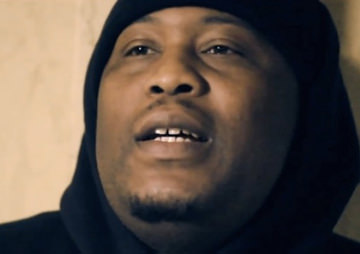 Screenshot From YouTube
Screenshot From YouTube
Screenshot From YouTube
San Diego rapper Brandon Duncan, aka Tiny Doo, has no criminal record, yet he is now facing trial on nine counts of participating in “criminal street gang conspiracy.” If convicted, the charges could land him life in prison.
The charges stem from Duncan’s latest album, “No Safety.” San Diego Deputy District Attorney Anthony Campagna is leading the prosecution.
It’s a case that redefines the traditional understanding of conspiracy and free speech. The Guardian points out that the issues have more to do with class and race and that Duncan seems to be guilty of nothing more than speaking to the truth about the world surrounding him:
The San Diego County district attorney’s office declined to comment on the case to the Guardian, instead pointing to comments by the gangs division chief prosecutor, Dana Greisen, asserting: “Rap music, it’s just another form of communication that gang members use” in furtherance of their crimes. Putting a musician on trial for his lyrics is antithetical to Americans’ free speech rights, and quite possibly unconstitutional. What’s more, the “criminal street gang conspiracy” law that Duncan is charged with violating – part of an anti-gang initiative package passed by California voters in 2000 – stands in marked contrast to conspiracy as California has traditionally defined it.
Ordinarily, to be guilty of conspiracy in California an individual must agree with another person to commit a crime, then at least one of them must take action to further that conspiracy. The charge Duncan faces requires no such agreement: so long as prosecutors can show that Duncan is an active member of the gang and knows about its general criminal activity, past or present, he can be convicted for benefiting from its acts.
This kind of legislation is often born of moral panic, and can lead to ill-advised prosecutions. But the manner in which it is being applied to Duncan should disturb all who care about free expression. Under the prosecution’s logic, acclaimed photographer Danny Lyon might never have finished The Bikeriders, let alone made later photographs documenting the American Civil Rights Movement, prison conditions in Texas, or the continuing effect of the US government’s genocide of Native Americans, because his affiliation with the bikers he photographed would have landed him a long prison sentence.
— Posted by Donald Kaufman.
Your support matters…
Independent journalism is under threat and overshadowed by heavily funded mainstream media.
You can help level the playing field. Become a member.
Your tax-deductible contribution keeps us digging beneath the headlines to give you thought-provoking, investigative reporting and analysis that unearths what's really happening- without compromise.
Give today to support our courageous, independent journalists.
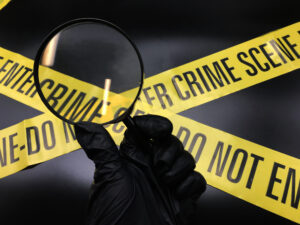
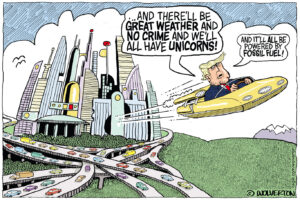
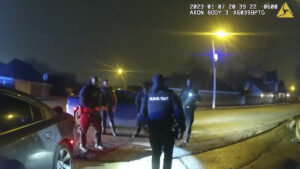
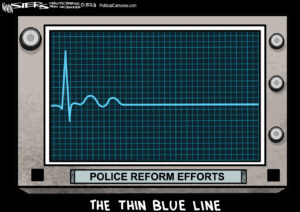
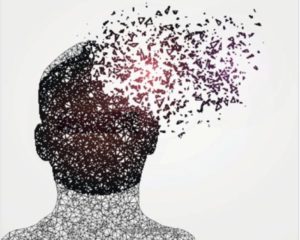
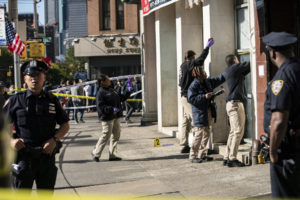
You need to be a supporter to comment.
There are currently no responses to this article.
Be the first to respond.